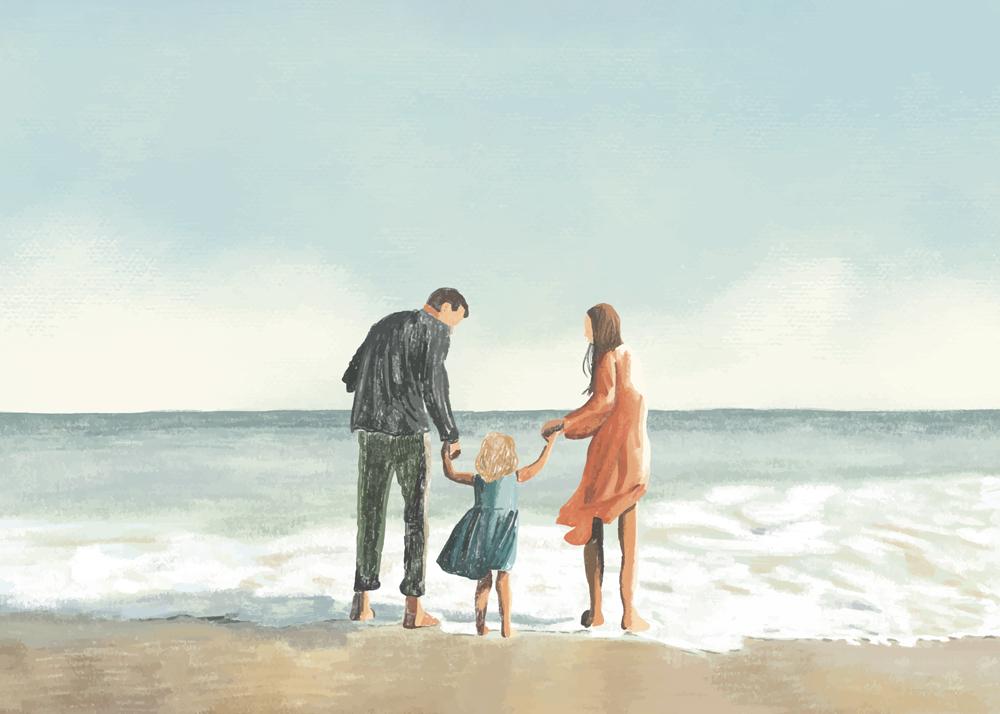It was the third day of kindergarten. My son jumped into the car and announced, “I’m not going to school anymore. I’m going to be a truck driver!” I looked at my wife and then my son and simply said, “You’ve got a long way to go until you can do that; I think we will stay in school a little while longer.”
Fast forward to today. Yes, my son stayed in school and is currently finishing his senior year. He has done rather well and has grown into a wonderful young man, but his path is turning out to be very different from what I thought it would be, and it is one of the things that changed a very deep and incorrect preconception that society had instilled in me from my youth.





